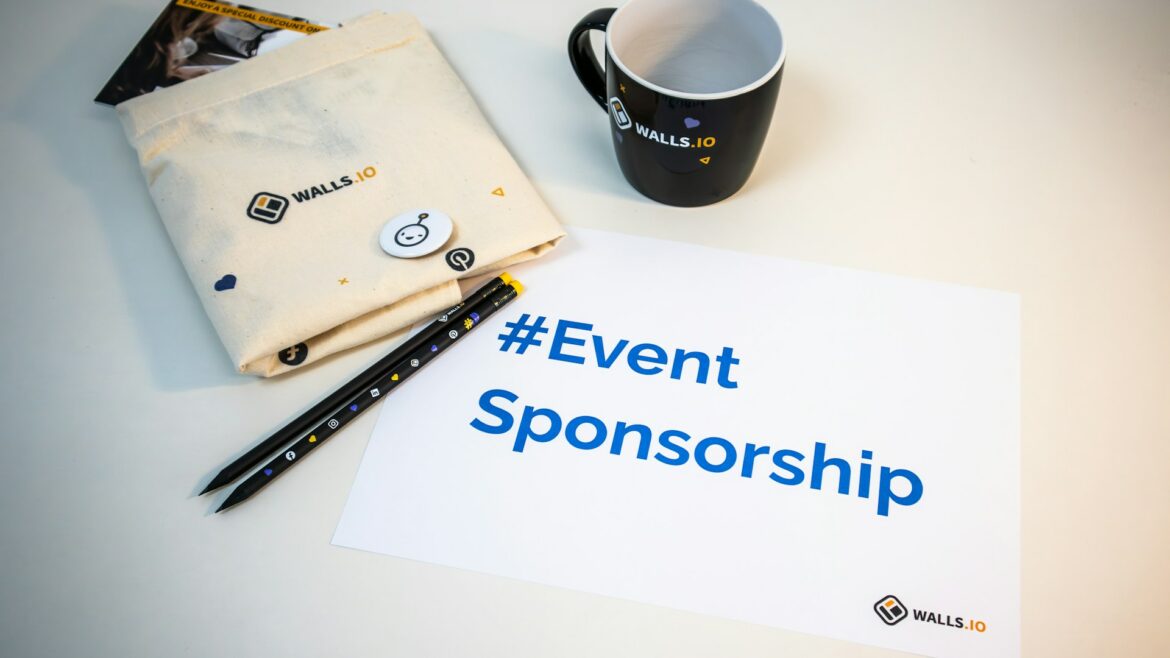The year 2025 has been nothing short of a whirlwind in the world of sports sponsorships. While many brands have celebrated groundbreaking partnerships and innovative marketing strategies, a handful of deals have sparked widespread debate and criticism. From ethical concerns to political implications, the controversies surrounding these sponsorships reveal the complex relationship between corporations, athletes, and fans. As the sports industry continues to evolve, so too do the expectations and scrutiny placed on the brands that associate themselves with athletic excellence.
The Top Sponsorship Controversies Shaking 2025’s Sports World
One of the most talked-about controversies this year involved a major energy drink company’s sponsorship of a high-profile football tournament. Critics argued that promoting such products to young, impressionable fans contributes to unhealthy lifestyles and addiction. The backlash intensified when leaked documents revealed that the company had previously downplayed health risks associated with their drinks, sparking accusations of corporate malfeasance. Despite the company’s efforts to defend their position, sponsors and athletes alike faced pressure to reconsider their involvement, highlighting the ongoing debate over marketing unhealthy products in sports.
Another significant controversy involved a global fashion brand’s sponsorship of a popular extreme sports event. The brand, known for controversial advertising campaigns, was accused of promoting consumerism and environmental degradation. Environmental activists and athlete advocates criticized the partnership, claiming it contradicted the very values of sustainability and responsibility often championed in modern sports. The scandal grew as social media campaigns called out the brand for hypocrisy, leading to a boycott by several athletes and a demand for the company to re-evaluate its sponsorship strategy. This incident exemplifies how sponsorships are increasingly scrutinized for their broader social and environmental impacts.
In a more politically charged controversy, a well-known tech giant’s sponsorship of an international sporting event raised eyebrows due to its alleged ties to authoritarian regimes. Critics argued that the sponsorship lent legitimacy to questionable governments, undermining principles of human rights and democracy. Several athlete groups publicly questioned the ethics of accepting such sponsorships, and some even withdrew from the event in protest. As the debate intensified, sponsors faced mounting pressure to align their corporate social responsibility with their branding efforts, emphasizing the importance of ethical considerations in global sports sponsorships.
How Big Brands Are Facing Backlash Over Recent Sponsorship Deals
Big brands in 2025 are becoming increasingly aware of the risks tied to their sponsorship deals, with many experiencing significant backlash that threatens their reputation. Companies like the energy drink and fashion brands mentioned earlier have faced boycotts, social media outrage, and internal criticism from employees and stakeholders. These responses underscore a growing trend where consumers and advocacy groups demand greater accountability and transparency from corporations involved in sports. In some cases, brands have had to sever ties or issue public apologies to repair their damaged reputation, illustrating the high stakes involved in sponsorship negotiations today.
Moreover, some companies are discovering that their sponsorships can have unintended political or social consequences. For instance, sponsoring events hosted in politically sensitive regions or by controversial organizations can backfire, as public opinion swiftly turns against the brand. A notable example from 2025 involved a multinational corporation sponsoring a major sporting event in a country accused of human rights abuses. The resulting fallout included calls for boycotts and protests from athletes and activists, forcing the brand to reconsider its global strategy. This demonstrates how brands must weigh the potential gains of sponsorship deals against the mounting risks of association with contentious issues.
Finally, the backlash reflects a broader shift in corporate strategy, where brands are increasingly held accountable for the social and ethical implications of their sponsorships. Consumers now expect companies to demonstrate genuine social responsibility, and failure to do so can lead to long-term damage. As a result, many brands are adopting more cautious and values-driven approaches, scrutinizing potential sponsorship opportunities more thoroughly than ever before. Ultimately, the controversies of 2025 serve as a wake-up call for brands to prioritize authenticity and ethical integrity in their sponsorship campaigns, or risk becoming the target themselves in an era of heightened social awareness.
The sponsorship controversies of 2025 reveal a rapidly changing landscape where accountability, ethics, and social responsibility are becoming central to brand success. As athletes, fans, and advocacy groups become more vocal, the pressure on corporations to align their sponsorships with broader societal values intensifies. This year’s debates serve as a reminder that while sponsorships can boost visibility and profitability, they come with responsibilities that can make or break a brand’s reputation. Moving forward, transparency and authenticity will be the keys for brands aiming to navigate the complex terrain of modern sports sponsorships.

